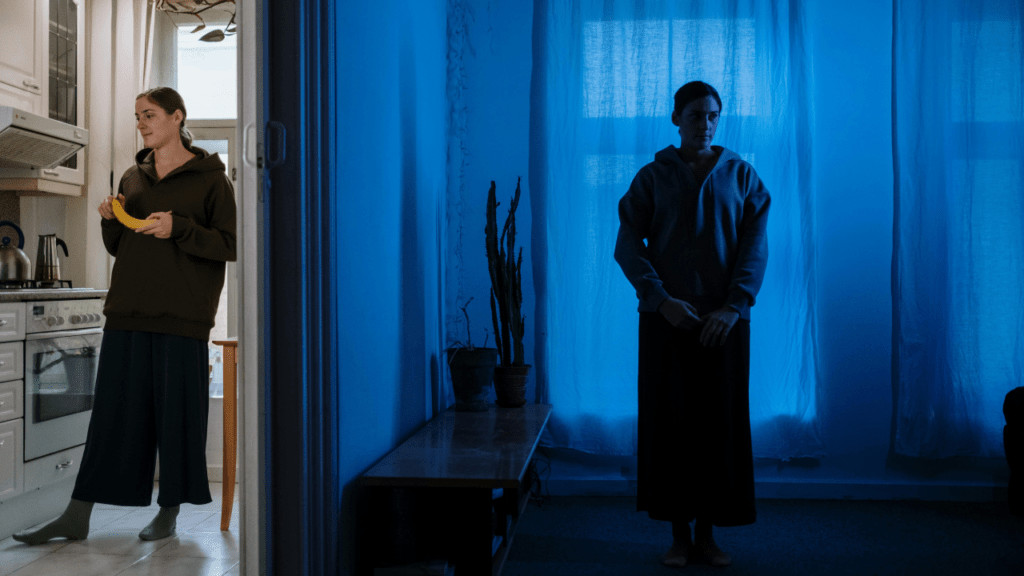Borderline Personality Disorder (BPD) is a complex mental health condition characterized by difficulties with emotion regulation, unstable relationships, self-image challenges, and impulsive behaviors. Those living with BPD often experience intense emotional pain and sensitivity, leading to significant distress in daily life. While BPD has historically been misunderstood and stigmatized, research has transformed our understanding of this condition, showing it to be highly treatable with specialized care.
With proper treatment, many people with BPD experience significant symptom reduction and improved quality of life. Recovery is not only possible but increasingly common when evidence-based approaches are implemented by trained professionals. This guide explores the effective treatments that support long-term recovery from BPD.
Evidence-Based Treatment Approaches for BPD
Dialectical Behavior Therapy (DBT)
DBT is considered the gold standard treatment for BPD, developed specifically to address the emotional dysregulation at the core of the disorder. This comprehensive approach includes:
- Individual therapy focused on applying new skills to personal challenges
- Group skills training covering four essential modules:
- Mindfulness (staying present)
- Distress tolerance (managing crisis without making things worse)
- Emotion regulation (understanding and managing emotions)
- Interpersonal effectiveness (navigating relationships effectively)
- Phone coaching to apply skills during real-life challenges
- Therapist consultation team to support clinicians working with complex cases
A typical DBT program lasts 6-12 months and requires weekly individual and group sessions. Research consistently shows DBT reduces self-harm behaviors, suicidal thoughts, and hospitalizations while improving overall functioning and quality of life.
Schema Therapy
Schema Therapy helps people with BPD identify and change deeply held negative beliefs (schemas) that drive emotional and behavioral patterns. This approach:
- Identifies early maladaptive schemas formed in childhood
- Uses experiential techniques to heal emotional wounds
- Develops healthy adult coping methods to replace dysfunctional patterns
- Builds capacity for healthy relationships and emotional needs fulfillment
Schema Therapy typically involves weekly sessions for 1-3 years, with studies showing meaningful improvement in BPD symptoms and better quality of life following treatment.

Mentalization-Based Therapy (MBT)
MBT focuses on improving the ability to understand one’s own and others’ mental states—thoughts, feelings, intentions, and desires. For people with BPD who often struggle with misinterpreting others’ intentions, MBT:
- Enhances awareness of emotional states in self and others
- Reduces black-and-white thinking about relationships
- Improves ability to regulate emotions through better understanding
- Strengthens capacity for secure attachments
MBT is typically delivered in both individual and group formats over 12-18 months, with research showing reductions in suicidal behavior, self-harm, and hospitalization rates.
Important Treatment Considerations
Therapist Training and Experience
The success of BPD treatment significantly depends on the clinician’s specialized training. Effective therapists:
- Have specific training in evidence-based BPD treatments
- Maintain a non-judgmental, validating stance
- Set clear boundaries while remaining compassionate
- Work within a team approach for complex cases
- Engage in regular supervision or consultation
When seeking treatment, ask potential therapists about their specific training and experience with BPD treatments, as general therapy approaches are often insufficient.
Medication Considerations
While no medications specifically treat BPD, they may help manage specific symptoms or co-occurring conditions:
- Mood stabilizers may help with emotional instability
- Antidepressants can address co-occurring depression or anxiety
- Low-dose antipsychotics sometimes help with cognitive-perceptual symptoms
Medication works best as part of a comprehensive treatment plan that includes psychotherapy, not as a standalone treatment. Close monitoring by a psychiatrist familiar with BPD is essential.
Co-Occurring Disorders
Many people with BPD also experience other conditions such as:
- Depression
- Anxiety disorders
- PTSD
- Substance use disorders
- Eating disorders
Effective treatment addresses these co-occurring conditions within an integrated approach rather than treating them separately.
Family Education and Support
Family involvement significantly enhances BPD treatment outcomes. Family members benefit from:
- Education about BPD to increase understanding and reduce blame
- Skills training to improve communication and set healthy boundaries
- Support resources to address caregiver stress and burnout
- Guidance on how to balance support with self-care
Destination Hope’s Approach to BPD Treatment
At Destination Hope, we’ve developed a comprehensive BPD treatment program that integrates multiple evidence-based approaches. Our multidisciplinary team includes clinicians specially trained in DBT, Schema Therapy, and MBT. We view recovery as a journey that involves both symptom reduction and building a life worth living.
Our BPD treatment program features:
- Comprehensive assessment to identify individual needs
- Customized treatment plans that address co-occurring conditions
- Regular progress monitoring and treatment adjustments
- Family involvement throughout the recovery process
- Robust aftercare planning for sustainable recovery
We recognize that each person’s experience with BPD is unique, and we tailor our approach to address individual challenges, strengths, and goals.
Taking the First Step Toward Recovery
If you or someone you love is struggling with BPD, we encourage you to reach out for a confidential consultation with one of our clinicians experienced in BPD treatment. Recovery begins with connection to skilled, compassionate care that understands the complexity of BPD while holding hope for meaningful change.
Contact Destination Hope today to speak with a BPD specialist who can answer your questions and help determine the right treatment approach for your unique situation. With proper support, a life less dominated by BPD symptoms is possible—many of our clients have found their way to more stable relationships, improved emotional regulation, and a stronger sense of self.

